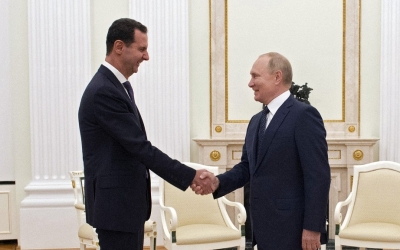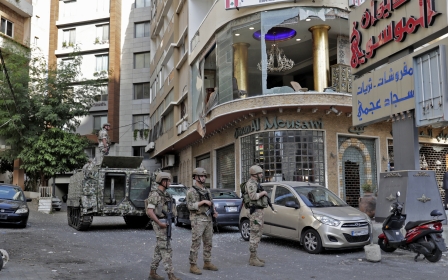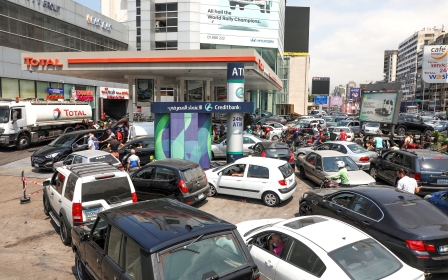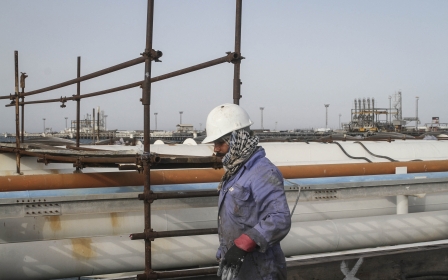US to exempt Lebanon from sanctions over gas imports through Syria
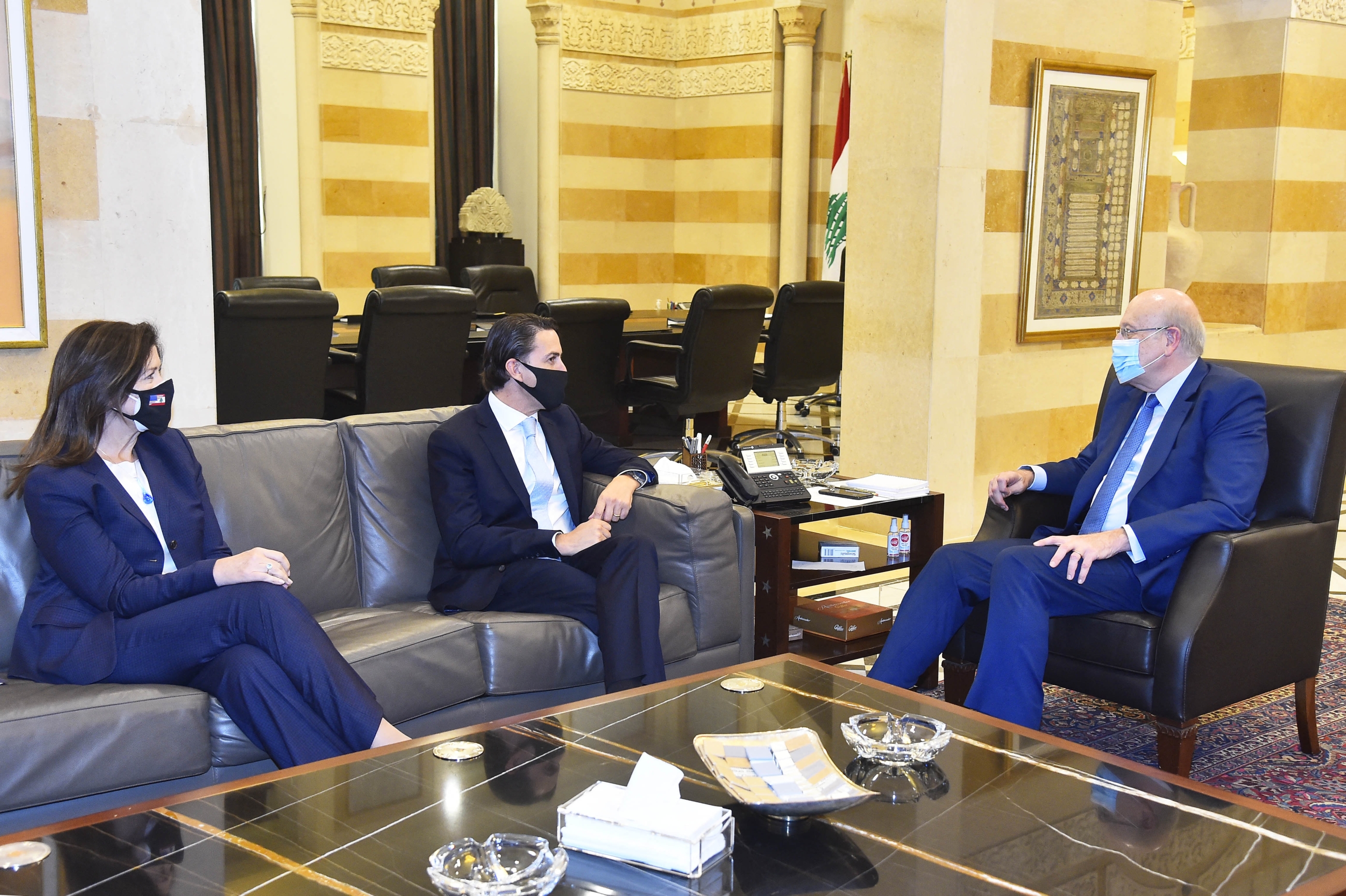
The US ambassador to Lebanon told the country's government on Friday that Washington would not impose sanctions over its plans to purchase energy supplies from the region, the office of Lebanese Prime Minister Najib Mikati said in a statement.
Lebanon, which is reeling under a devastating financial crisis and has only a few hours of electricity per day, aims to import Egyptian gas and Jordanian electricity through neighbouring Syria, which is under US sanctions law.
US ambassador Dorothy Shea met with Mikati to deliver a letter from the US Treasury Department addressing some of the Lebanese government's concerns over the plan.
"They [the Lebanese government] wanted to make sure that in pursuing the regional energy deals, that the United States has been helping to facilitate – and encourage – between Lebanon, Egypt and Jordan that there would be no concerns with US sanctions legislation," Shea said after the meeting.
The US has been brokering the energy deal, to be financed by the IMF, as a way to assuage Lebanon's energy crisis and offer an alternative to a Hezbollah plan to transport Iranian fuel into the country.
Under the project, Jordan, which generates a surplus of electricity, would be allowed to sell its excess production to Lebanon by transporting power through Syria via the Arab interconnection grid.
Gas produced by Egypt would be transported to Lebanon via the Arab Gas Pipeline. Built 20 years ago, the pipeline has undergone repairs in Syria after years of neglect since the start of the civil war.
While the Biden administration is supporting the initiative, the plan has stirred controversy with lawmakers in Washington who are concerned it could serve to rehabilitate the government of Bashar al-Assad.
On Thursday, Lebanese truck and bus drivers and others blocked main roads in the capital to protest the failure of politicians to address the country's economic crisis.
Lebanon's pound has collapsed since 2019, when the economy crumbled under a mountain of debt. Yet a cabinet formed in September with a promise to start fixing the economy has not met for three months, as rivals argue about the conduct of a probe into the devastating 2020 Beirut port blast.
The Lebanese pound, which was freely exchanged in shops and banks at 1,500 to the dollar until the crisis erupted in 2019, has crumbled and was trading on the unofficial market on Friday at about 31,500.
Middle East Eye delivers independent and unrivalled coverage and analysis of the Middle East, North Africa and beyond. To learn more about republishing this content and the associated fees, please fill out this form. More about MEE can be found here.


